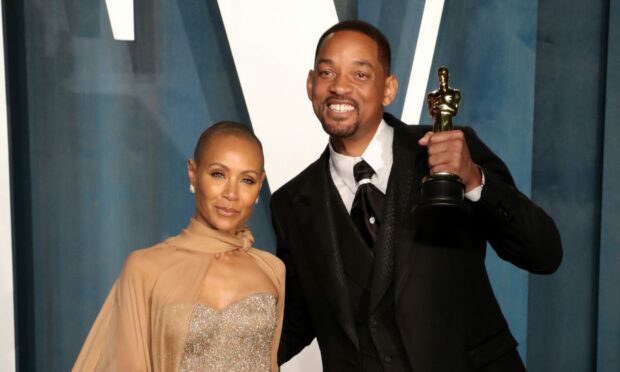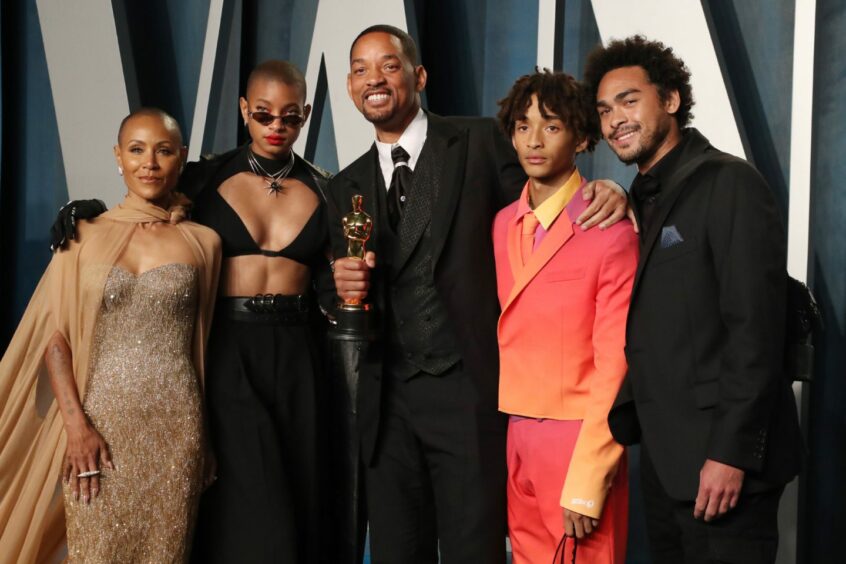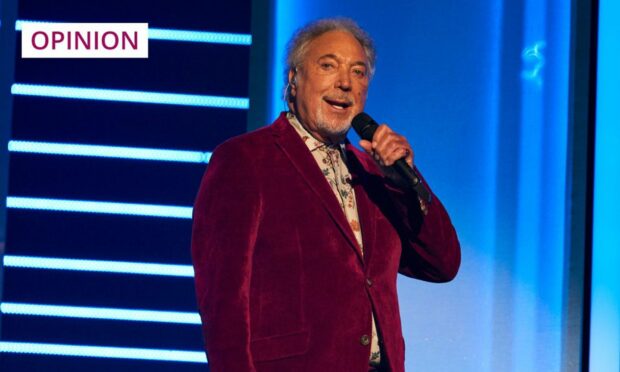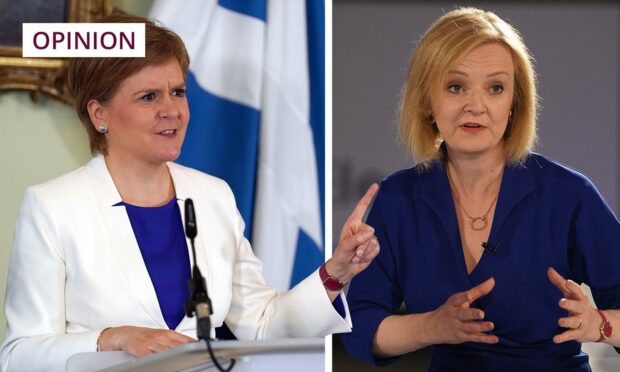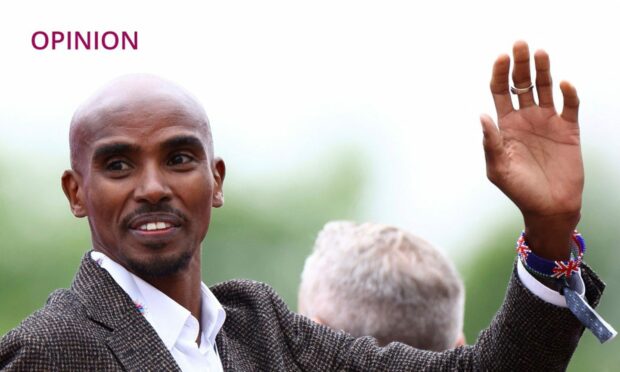It was, supposedly, the epitome of glamour. Rivers of silk and waterfalls of tulle cascading over the red carpet at this week’s Oscars; diamond rocks sparkling on Versace and Armani shores. Sophistication? Only superficially.
Will Smith’s violent slap of comedian Chris Rock felt like Freddy Flintstone had arrived in Tinseltown. Dressed in a dinner suit instead of skins, any reasoned opposition to Rock’s inappropriate “humour” was lost, Smith’s yells reverberating loudly through the red mist of his anger. Yabba dabba doo.
The limits of comedy are a tightrope for comedians, the teetering on the wire just part of the thrill for both performer and audience. Will they fall or deftly reach safety?
Rock, for many of us, fell. His joke likening Jada Pinkett Smith to GI Jane would have been bad enough if Pinkett Smith’s shaved head had been a fashion choice, but it was the result of illness, her alopecia a much publicised condition that Rock would have been well aware of. Comedians do not get a free pass on unkindness. His “joke” was no more appropriate than mocking someone for being in a wheelchair.
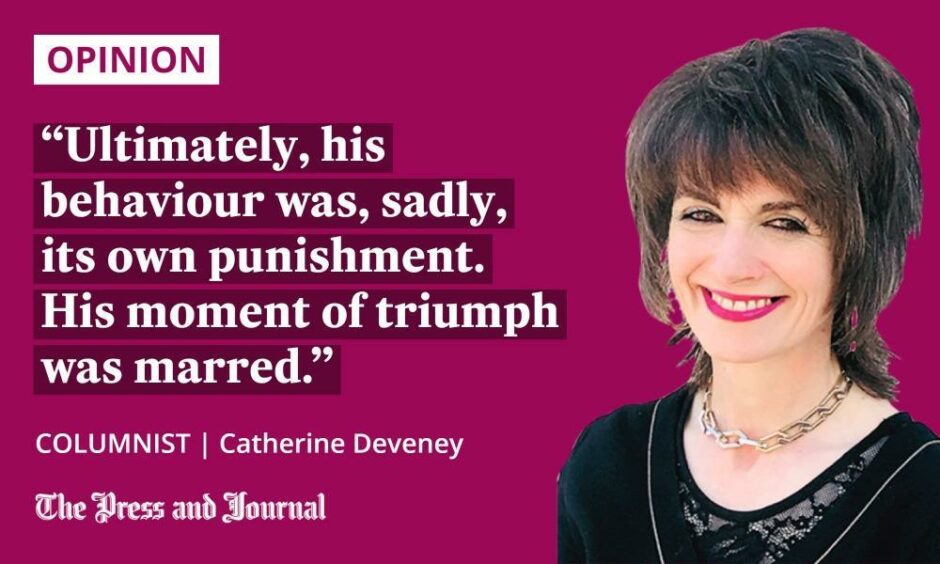
The incident has prompted debate about anger management but it is about so much more. Our perceptions about loyalty for a start. The cheers and applause just minutes later when Smith accepted the best actor Oscar, suggested onlookers sympathised with a man’s defence of his wife. Or rather, a celebrity’s defence of his wife.
Psychological issues behind Smith’s behaviour
Would they understand if a teenage boy punched someone in the local shopping centre for maligning his sister’s, or his girlfriend’s, integrity? How would police view his tracksuit and trainers compared to Smith’s dinner suit?
Loyalty can become a poor excuse for inappropriate behaviour. Smith’s slap reminded me of a story about a Turkish woman, Havva Kul who accompanied her blind daughter to university every day for four years, reading lecture notes and law books to her. They graduated together, the university giving Havva an honorary degree for her devotion to her daughter. Now that IS appropriate loyalty: a long haul of love, not a quick flash of fists. A sign of service, not possession. Jada Pinkett Smith didn’t walk on stage and slap Rock. Did she really need Freddy Flintstone to show up with his club on her behalf?
Will Smith slapped Chris Rock onstage at the 2022 #Oscars after the comedian made a joke about Jada Pinkett Smith. Here's how some celebrities reacted. https://t.co/iIBhhFJwII
— Los Angeles Times (@latimes) March 28, 2022
Granted, there are some interesting psychological issues behind Smith’s behaviour. A psychologist once told me about the currency of love in relationships. Some people use gifts, spending money on symbols of love to demonstrate affection. Others use words, verbal declarations of emotion. Then there’s the group who, unimpressed by what they might consider the superficiality of words or money, measure love in terms of actions. If you trade in one currency while your partner trades in another, you have problems. No trinket is bright enough if what you actually want is a partner who invests hours, not pounds. Interesting to know what Will Smith’s currency is.
Moment of triumph marred
What IS known from his autobiography, published last year, is that growing up watching his father assault his mother had deeply affected his psyche.
“Within everything that I have done since then – the awards and accolades, the spotlights and attention, the characters and the laughs – there has been a subtle string of apologies to my mother for my inaction that day,” he wrote. “For failing her in the moment. For failing to stand up to my father. For being a coward.”
Maybe that slap had as much to do with Smith’s mother as his wife, though I can’t imagine she’d be impressed: bravery is not about physical violence but emotional strength.
Through tears, Smith said love made you do crazy things. In Havva Kul’s case, it made her do extraordinary things. But almost as offensive as Smith’s slap was his apology. It raised questions about authentic contrition and public expediency. Most of us feel compassion for a sincere “sorry” because all of us mess up at times. But Smith said sorry to the Academy. Sorry to his fellow nominees. The subtext? I apologise to those of you in whose eyes my reputation might be dented. I do not apologise to Chris Rock. It took 24 hours for Smith to rectify that.
Ultimately, his behaviour was, sadly, its own punishment. His moment of triumph was marred.
He is only the 5th black actor to break through the white stranglehold of Hollywood dominance. It should have been a cause for celebration and a springboard for more progress and equality in the arts.
Instead, the discussion has centred on the rights and wrongs of one man decking another. “And that’s how we do it,” Smith’s son tweeted afterwards. Let’s hope not.
Catherine Deveney is an award-winning investigative journalist, novelist and television presenter
